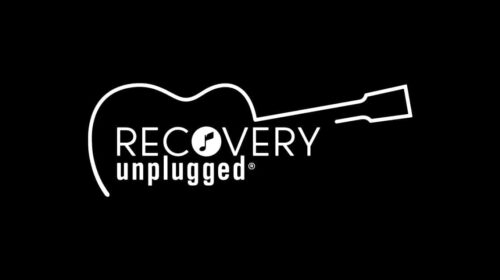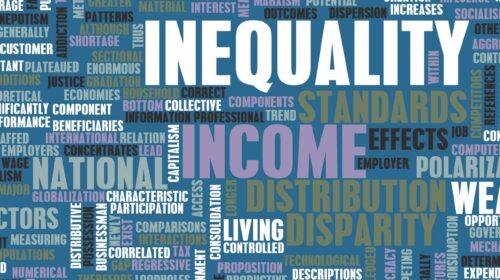The Black community is uniquely impacted by adverse mental health conditions. The origins that lead to poor mental health affect this population at a disproportionate rate, as do the barriers that come with getting proper care and treatment for their challenges. But there’s so much more to this story. Within this community are numerous trailblazers and innovators in the mental health landscape that should be celebrated and recognized.
As Recovery Unplugged strives to help as many people as possible who are struggling with substance use and poor mental health, we’re committed to celebrating the history, present, and future of those from historically marginalized groups who have paved the way for others in and outside of their communities, and who have affected deep and genuine progress toward their collective mental health.
Inez Beverly Prosser, Ph.D.
Dr. Prosser is believed to be the first Black woman to earn her Ph.D. and conducted groundbreaking research on the mental health effects of racism and inequality on children affected by segregation. Her efforts even contributed to early movements toward desegregating schools.
Herman George Canady, Ph.D.
Dr. Canady was among the first researchers and clinicians to study the presence and pervasiveness of racial bias in IQ testing and other diagnostic paradigms. His work was instrumental in discussing and creating productive and supportive testing environments for Black students.
Kitch Childs, Ph.D.
Dr. Childs helped found the Association for Women in Psychology. She was also a member of the Chicago Gay Liberation Front. A leading advocate, voice, and researcher in the LGBTQ+ community, Dr. Childs worked closely with HIV/AIDS patients in her private practice to address the mental health challenges surrounding their diagnoses. She was a leader for women in psychology and the LGBTQ+ community,
Paul Bertau Cornely, M.D., DrPH
Dr. Cornley was among the first Black physicians to conduct research at the intersection of public and social wellness. He was a founder of the National Student Health Association in 1939, president of the Physician’s Forum in 1954, and founder and first president of the District of Columbia Public Health Association in 1962. His decades-long legacy includes shattering stigma and desegregating healthcare facilities.
Beverly Greene, Ph.D.
Dr. Greene’s article “When the Physician is White and the Patient is Black: Considerations for Psychotherapy in the Feminist Heterosexual and Lesbian Communities” shined a critical and pioneering light on the importance of supportive identity-affirming therapy. A recipient of the Distinguished Publication Award from the Association for Women in Psychology, her research in intersectional psychology has been instrumental in the continued study of how sexual and cultural identity influences how people move through the world.
Recovery Unplugged and all other behavioral health organizations owe these individuals, and all other past, present, and future Black mental health innovators, an enormous debt of gratitude. Their thoughtful, intuitive, and deeply important contributions have directly informed how we interact with clients and how to perform the best possible care programs.

























